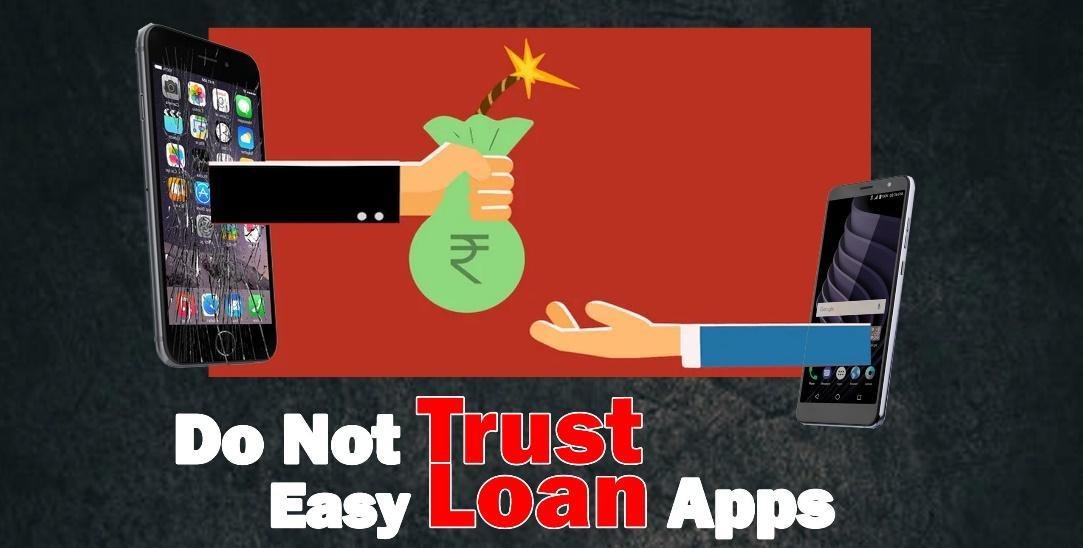In India’s fast-growing digital economy, instant loan apps promise easy credit at the tap of a screen. But for many unsuspecting users, these apps have become traps that lead to harassment, blackmail, and in extreme cases, suicide. A 27-year-old man in Visakhapatnam took his own life after loan collectors edited his photos and shared them with his friends and family. His only “mistake” was borrowing ₹2,000 through one such platform.
How the Apps Operate
These apps are designed not only to extend predatory loans but also to harvest sensitive data. Once installed, they demand permissions to access contacts, call logs, photos, and storage files. Victims report that even after uninstalling the apps, blackmailers continued to hound them, armed with personal information. Investigations reveal that app developers frequently disguise the software as credit-score checkers or EMI calculators, avoiding detection while building trust with positive ratings and paid reviews.
Data Protection and DPDP Act Readiness: Hundreds of Senior Leaders Sign Up for CDPO Program
Global Advertising And Shell Companies
Our review of more than 50 such apps uncovered a global financial pipeline. Advertisements for Indian loan apps have been traced back to Hong Kong–based firms like Oilpainttrees Limited and XMAN Hong Kong Limited, as well as companies registered in the British Virgin Islands. Many of the apps list Indian shell companies as “NBFC partners,” but when traced, these firms either did not exist at the given addresses or had been inactive for years. In one case, a company office was found to be nothing more than a vacant apartment in Delhi.
A Regulatory Battle With No End
The Reserve Bank of India has flagged over 1,600 suspicious digital lending apps, while Google has removed thousands from its Play Store. Yet the cycle persists. As soon as one app is taken down, another emerges with a new name, rating boost, and offshore advertising muscle. Experts warn that stronger enforcement, user education, and international cooperation will be key to breaking the cycle. Until then, the blackmail economy of instant loans continues to thrive, exploiting the very people it claims to help.



